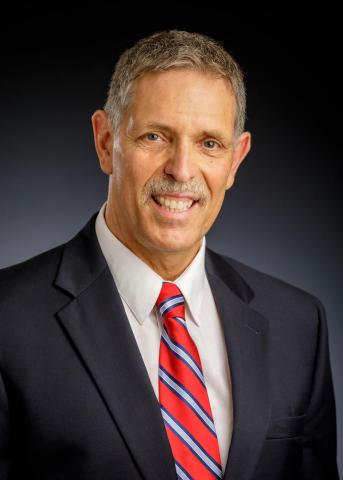Robert Burnap
Regents Professor of Microbiology and Molecular Genetics
2019
Robert L. Burnap received his bachelor’s degree at the University of Michigan. He went on to the University of California at Los Angeles for a Masters in biology and then to University of California at Santa Barbara, where he developed a Ph.D. thesis on the evolution of the oxygenic photosynthetic mechanism. His postdoctoral training was in the genetic manipulation cyanobacteria and biophysical analysis of photosynthetic proteins at Purdue University. As a faculty member in the Department of Microbiology & Molecular Genetics at OSU, he continues research and teaching in fundamental aspects of living systems. He leads two on-going research projects: The first, supported by the NSF, investigates the core process of photosynthesis where light energy is harnessed to split water, also known as water oxidation– a process that underpins natural solar energy production enabling plant growth and sustaining high levels of oxygen in the Earth’s atmosphere. The second, funded by the DOE, the CO2 concentrating mechanism in cyanobacteria. Both projects combine molecular genetics, biochemistry, and biophysics to understand these processes at the molecular level. Besides the fundamental knowledge derived, research into these topics has special relevance to the development of sustainable, Earth-friendly technologies. Deeply committed to education, Burnap brings together a mix of undergraduate, graduate, and postdoctoral researchers in his group. He teaches several courses including Cell & Molecular Biology, Bioenergetics, and Principals of Bioinformatics. The Bioinformatics class started as a graduate course, but is now populated with an equal number of undergraduate students interested in this fast-moving field that is closely connected to genomics and other vanguard areas of biology. Burnap has served as a rotating Program Director in the Division of Cellular and Molecular Biochemistry at the National Science Foundation where he received recognitions for leadership in ‘Advancing the New Biology’ and for the co-development of the US-United Kingdom Photosynthesis Ideas Lab, which employed an innovative think-tank approach to the promotion of innovation and multi-disciplinary research. More recently, he is a recipient of an Einstein Fellowship in Germany enabling collaborative research with scientists in Berlin.
Research Interests:
- Mechanism of photosynthetic water oxidation
- CO2 uptake mechanisms of powered-carbonic anhydrases in cyanobacteria
- Integrative modeling of unicellular growth

